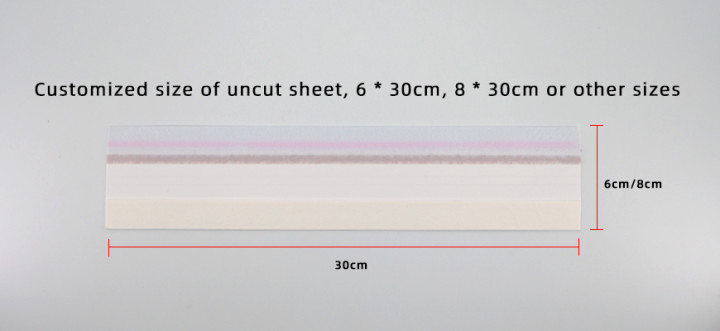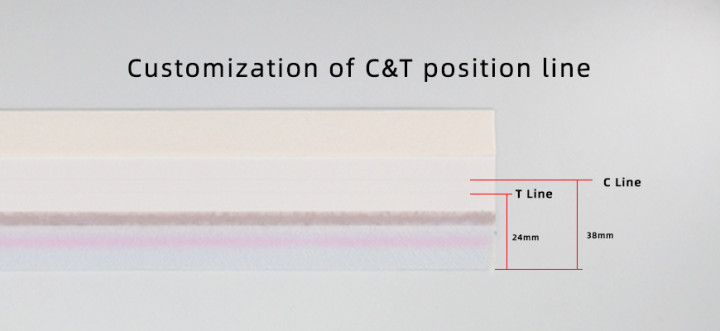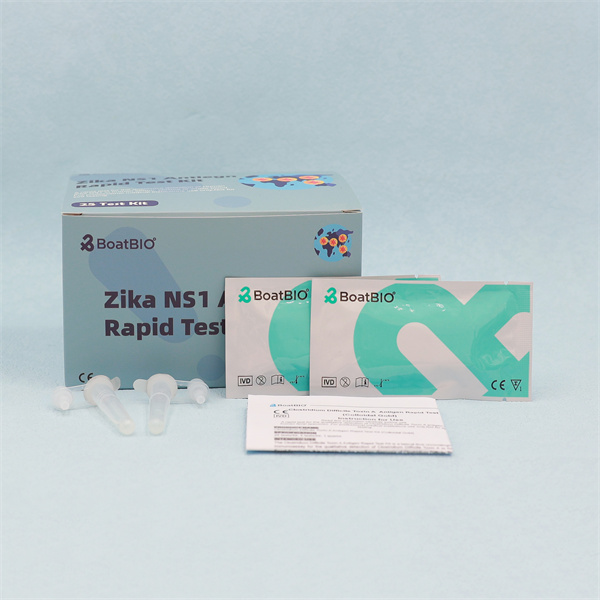Detailed description
Rubella, also known as German measles, often occurs in school-age children and adolescents. The clinical manifestations of rubella are relatively mild, and generally do not have serious consequences. However, the virus is transmitted to the fetus with blood after the infection of pregnant women, which may cause fetal dysplasia or intrauterine death. About 20% of newborn babies died within one year after delivery, and the survivors also have the possible consequences of blindness, deafness or mental retardation. Therefore, the detection of antibodies is of positive significance for eugenics. In general, the early abortion rate of IgM positive pregnant women is significantly higher than that of IgM negative pregnant women; The positive rate of rubella virus IgM antibody in first pregnancy was significantly lower than that in multiple pregnancies; The pregnancy outcome of rubella virus IgM antibody negative pregnant women was significantly better than that of IgM antibody positive pregnant women. The detection of rubella virus IgM antibody in pregnant women’s serum is helpful to predict pregnancy outcome.
The positive detection of rubella virus IgM antibody indicates that rubella virus has recently been infected.














